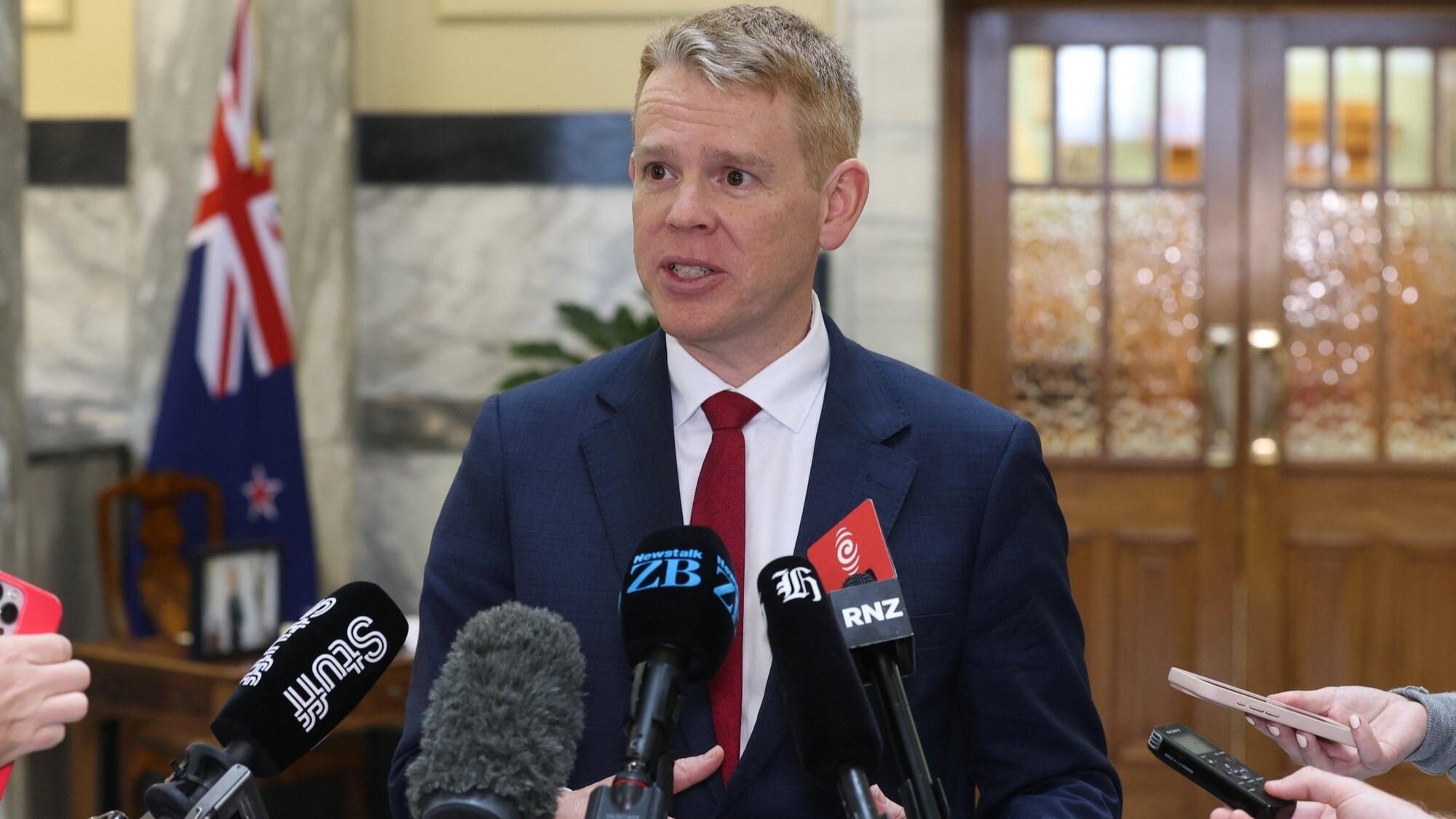Business
Labour Proposes Targeted Capital Gains Tax for Health Funding

New Zealand’s Labour Party has announced plans for a targeted capital gains tax aimed at funding healthcare initiatives, including three free doctors’ visits per year for all citizens. The proposal, unveiled by Labour leader Chris Hipkins, focuses on taxing gains from the sale of commercial and residential properties, while exempting the family home, KiwiSaver accounts, shares, business assets, inheritances, and personal items.
Hipkins stated that the majority of New Zealanders would not be affected by this tax, asserting that approximately nine out of ten citizens will not pay tax on their properties. He emphasized the need for a fairer tax system that benefits job creators and businesses rather than property speculators. “Our simple, targeted tax changes will ensure those profiting from property pay their fair share,” Hipkins said.
The proposed tax will apply only to gains realized after July 2027. The revenue generated from this initiative is earmarked for healthcare improvements, including the establishment of a Medicard for every New Zealander. This card will be issued at birth or upon gaining residency or citizenship and will facilitate access to three free visits to a doctor each year.
Labour’s health spokesperson, Ayesha Verrall, highlighted the importance of affordable healthcare, noting that one in six New Zealanders cannot afford to see a doctor when needed. She attributed rising medical costs to previous government policies, including cuts to healthcare funding and tax breaks for specific industries. “Our plan means that every New Zealander will get a new Medicard that they can use to access three free doctor’s visits each year at their enrolled practice,” Verrall stated.
The Medicard initiative aims to streamline health information management, allowing users to track their entitlements and usage. It will be accessible via an app and integrated with GP and community health systems, ensuring that non-digital users can also benefit from its features.
Despite the ambitious plans, some analysts have expressed reservations about the viability of the targeted capital gains tax. Brad Olsen from Infometric raised concerns regarding the potential revenue generation from this specific tax, suggesting that its narrow focus may limit its effectiveness. He noted, “The ability to produce revenue is a lot different from when we had the capital gains tax a while ago.”
Olsen pointed out that the lack of detailed costings in Labour’s proposal makes it difficult to evaluate its financial impact comprehensively. “I wouldn’t expect it to be a huge money spinner,” he remarked, urging caution in drawing conclusions about the tax’s implications for New Zealanders.
As the election approaches, the Labour Party’s proposal aims to position healthcare as a pivotal issue in the campaign. By offering tangible benefits through the Medicard and ensuring that wealthier property owners contribute more to the system, Labour seeks to address longstanding inequalities in healthcare access.
The announcement has sparked a broader discussion about the future of tax policy in New Zealand and its implications for citizens’ financial responsibilities. The Labour Party is betting that these changes resonate with voters, particularly those concerned about healthcare costs and access.
-

 World3 months ago
World3 months agoTest Your Knowledge: Take the Herald’s Afternoon Quiz Today
-

 Sports3 months ago
Sports3 months agoPM Faces Backlash from Fans During Netball Trophy Ceremony
-

 Lifestyle3 months ago
Lifestyle3 months agoDunedin Designers Win Top Award at Hokonui Fashion Event
-

 Sports3 months ago
Sports3 months agoLiam Lawson Launches New Era for Racing Bulls with Strong Start
-

 Lifestyle3 months ago
Lifestyle3 months agoDisney Fan Reveals Dress Code Tips for Park Visitors
-

 World3 months ago
World3 months agoCoalition Forms to Preserve Māori Wards in Hawke’s Bay
-

 Health3 months ago
Health3 months agoWalking Faster Offers Major Health Benefits for Older Adults
-

 Politics3 months ago
Politics3 months agoScots Rally with Humor and Music to Protest Trump’s Visit
-

 Top Stories3 months ago
Top Stories3 months agoUK and India Finalize Trade Deal to Boost Economic Ties
-

 World3 months ago
World3 months agoHuntly Begins Water Pipe Flushing to Resolve Brown Water Issue
-

 Entertainment3 months ago
Entertainment3 months agoExperience the Excitement of ‘Chief of War’ in Oʻahu
-

 Science3 months ago
Science3 months agoNew Interactive Map Reveals Wairarapa Valley’s Geological Secrets









